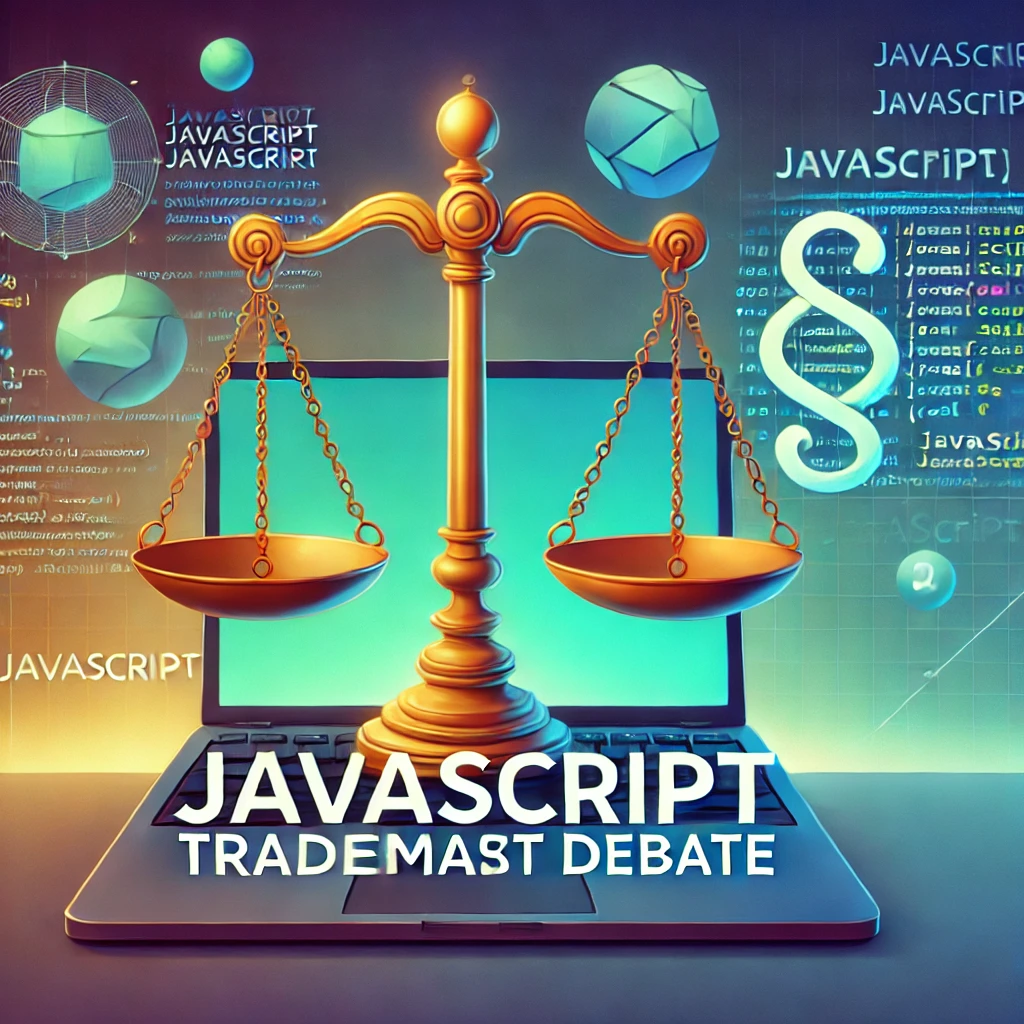In recent years, the impact of technology and programming languages on society has grown significantly. Among these, the trademark issue surrounding the name “JavaScript” raises fundamental questions about the ownership of technology. The ongoing dispute between Oracle and Ryan Dahl, among others, over the “JavaScript” trademark provides a crucial case study for considering the communal nature of technology and the role of trademarks.
History of JavaScript and Trademark Background
JavaScript was developed in 1995 by Netscape and Sun Microsystems and has been a cornerstone of the web since its inception. However, when Sun Microsystems was acquired by Oracle in 2009, the trademark rights for JavaScript were transferred to Oracle. This acquisition marked the origin of today’s controversy.
Trademarks are typically intended to identify brands and products, but the term “JavaScript” has transcended its original brand status to become a common term representing a foundational web technology. Dahl and his peers recognize this as a “shared asset” and have called for the cancellation of the trademark.
Positions on the Trademark Dispute
- Oracle’s Position
Oracle has expressed its intent to retain the JavaScript trademark, but it appears to be a procedural legal measure rather than one tied to active business use. This approach suggests that maintaining ownership is prioritized over practical application.
- Ryan Dahl’s Position
Dahl and his supporters argue that JavaScript has become a generic term and that Oracle’s retention of the trademark restricts the freedom of developers. They also point to potential legal issues, noting that Oracle has used Node.js as evidence to renew the trademark.
Technology as a Shared Asset and the Role of Trademarks
As technology becomes more embedded in society, the question of whether its names and specifications should be considered “shared assets” becomes unavoidable. Specifically for a ubiquitous technology like JavaScript, legal entanglements caused by trademarks can have several adverse effects:
- Confusion in the Developer Community
Trademarks can force developers to avoid using a particular name, potentially disrupting the adoption of standards and stifling innovation.
- Misunderstandings and Fragmentation
As seen with the alternative use of the term “ECMAScript,” trademarks can create a divide that confuses developers and complicates communication.
Future Prospects and Challenges
With Oracle rejecting the recent claims, Dahl and his team may pursue further legal action. While resolving this issue is likely to take time, the following scenarios are possible:
- Resolution in Court
If the trademark is ruled to be generic or unused, its cancellation may be granted.
- Negotiation of a Compromise
Oracle may propose an alternative that treats the trademark as a shared asset.
- Continuation of the Status Quo
If Oracle retains the trademark, developers may have to find workarounds to avoid using the name.
Conclusion: Balancing Ownership and Freedom in Technology
The JavaScript trademark issue highlights the universal challenge of balancing ownership rights and the freedom to use technology. When widely adopted technical terms are retained as trademarks, it can hinder the growth of the industry.
If Dahl’s efforts succeed, JavaScript may formally become a “shared asset,” fostering new developments. On the other hand, the strategic retention of trademarks by companies like Oracle is also a legitimate aspect of intellectual property management. Through this debate, it is hoped that an optimal relationship between technology and the law can be realized.
